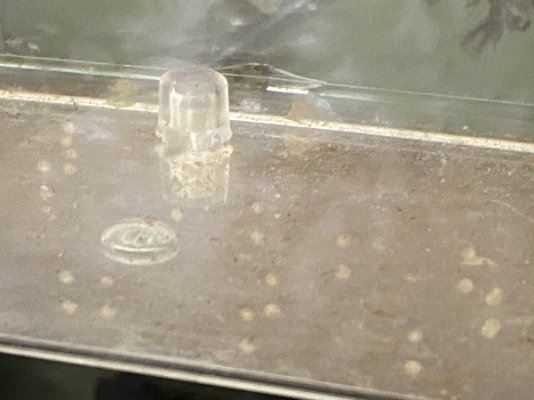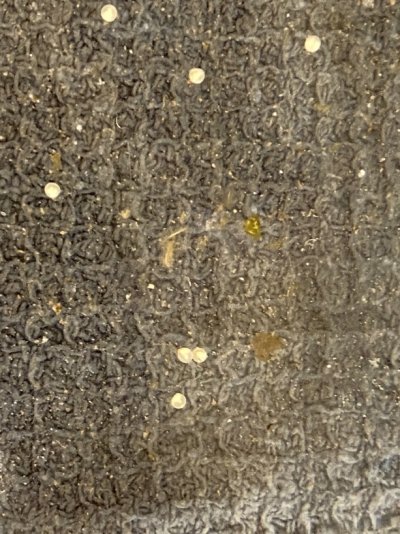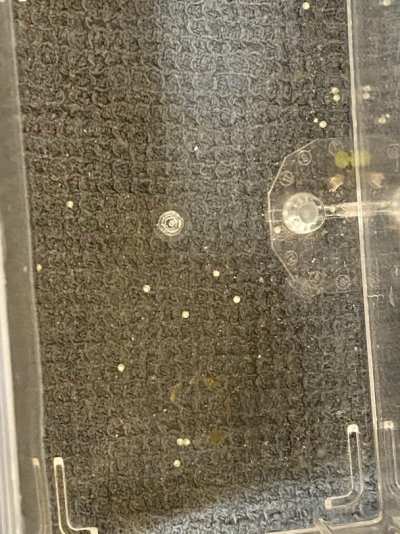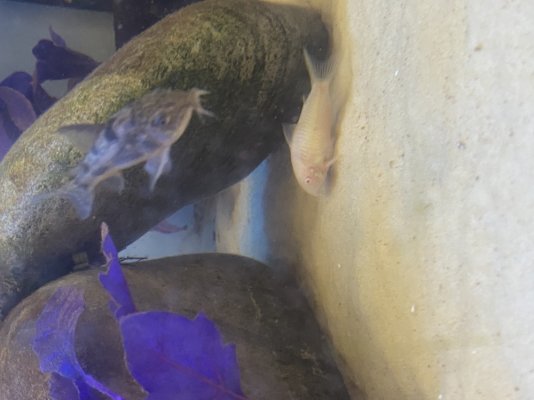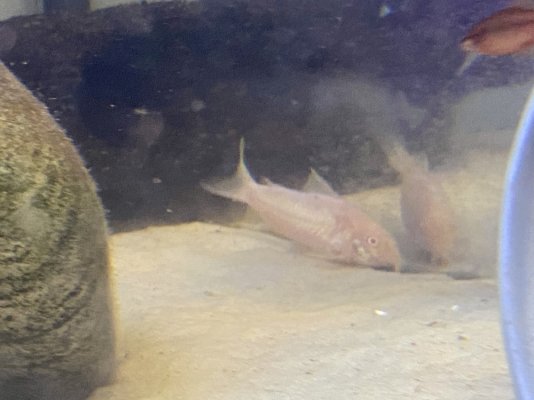Can't tell what sex they are from the pictures. To sex adult Corydoras that are in good condition, look down on them from above. Females grow bigger than males and are longer and wider than males. You might have young males that aren't sexually mature yet. Or your water could be too hard for them. Corydoras naturally occur in soft water and many soft water fishes can breed in harder water but their eggs don't develop if there are too many minerals in the water.
Contact your water supply company by website or telephone and find out what the GH and KH of the water is, and what it is measured in (ppm, dGH or something else). If they can't help you, take a glass full of tap water to a pet shop and ask them to test it for you. Write the results down in numbers at the time they do the test.
If the GH is above 250ppm, the water might be too hard for the eggs to develop.

